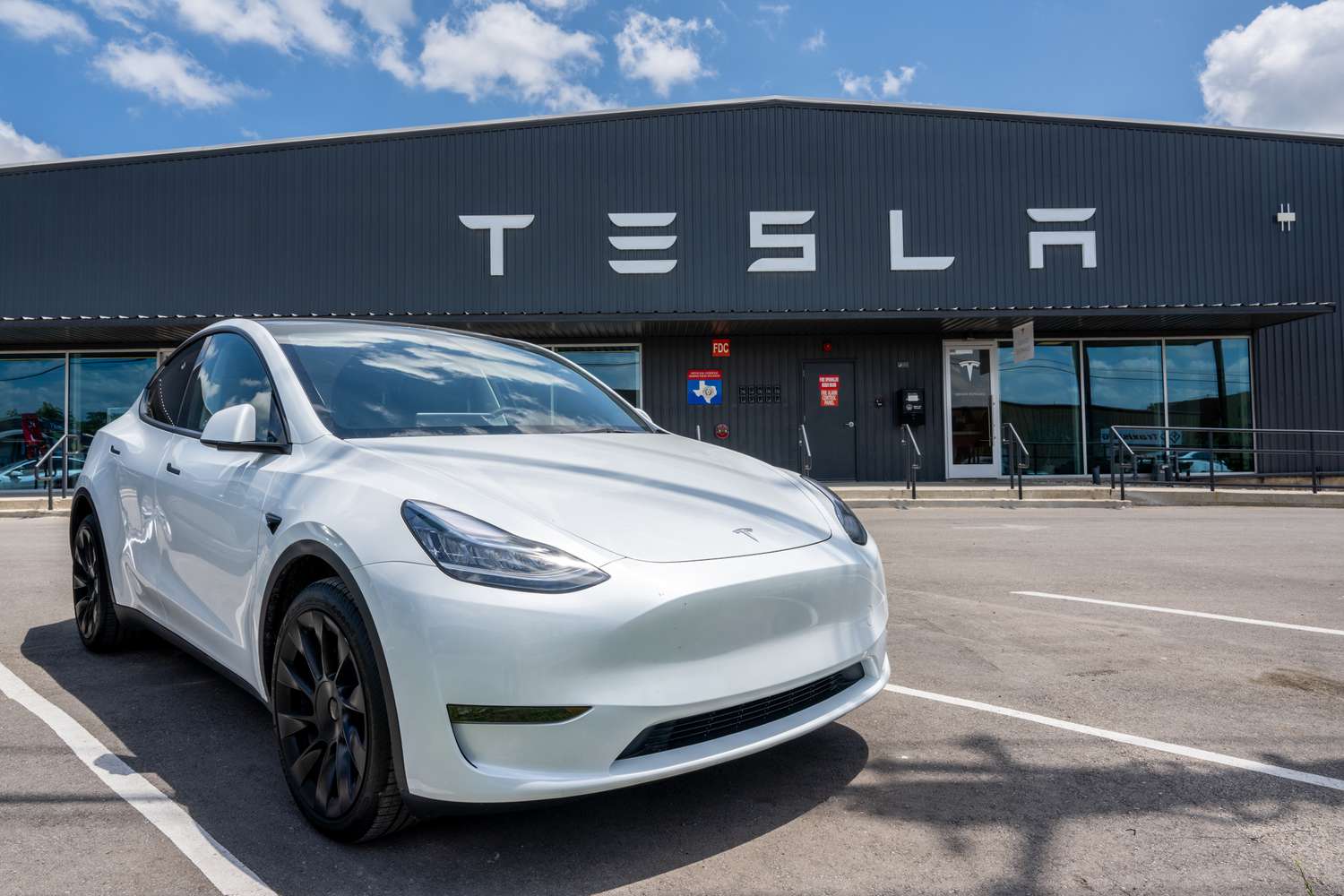In the aftermath of a New Year’s Day explosion involving a Tesla Cybertruck outside the Trump International Hotel in Las Vegas, questions about vehicle data privacy have taken center stage. While the data collected by Tesla played a critical role in aiding law enforcement’s investigation, privacy advocates warn that the incident exposes the far-reaching surveillance capabilities of modern vehicles.
The Incident: A Tragic Explosion
The Cybertruck, driven by Matthew Livelsberger, a former Army Green Beret, was packed with fireworks and other explosive materials. It erupted into flames in front of the hotel, killing the driver and injuring seven bystanders. Tesla quickly confirmed that the explosion was due to the onboard explosives, not the truck itself, and provided law enforcement with detailed data about Livelsberger’s movements in the days leading up to the incident.
Tesla’s Role in the Investigation
Tesla’s ability to track Livelsberger’s journey across four states—from Denver to Las Vegas—was hailed as a breakthrough in real-time investigative collaboration. The company used data from charging stations and the Cybertruck’s onboard software to provide a precise timeline of the driver’s movements, including stops in Monument, Colorado; Albuquerque, New Mexico; and Flagstaff, Arizona.
Las Vegas Metropolitan Police Department Sheriff Kevin McMahill praised Tesla’s cooperation. “I have to thank Elon Musk, specifically,” McMahill said. “He gave us quite a bit of additional information.”
Tesla CEO Elon Musk also weighed in, posting updates on X (formerly Twitter) and assuring the public that his team was actively investigating the incident.
A Double-Edged Sword: Privacy vs. Security
While Tesla’s actions were instrumental in resolving immediate safety concerns, the case has reignited debates about the extent to which car companies collect and use data. Modern vehicles, often described as “computers on wheels,” routinely gather sensitive information, including location history, call logs, contacts, and text messages through cell phone syncing.
David Choffnes, executive director of the Cybersecurity and Privacy Institute at Northeastern University, highlighted the broader implications of such data collection. “When something bad happens, it’s helpful, but it’s a double-edged sword. Companies that collect this data can abuse it.”
The Cybertruck incident is not the first time Tesla’s data collection practices have drawn scrutiny. A Reuters investigation previously revealed that Tesla employees shared sensitive video footage from customer vehicles, including personal and potentially embarrassing moments.
The Need for Regulation
Unlike financial and healthcare sectors, the automotive industry operates with few regulations governing data collection and sharing. Privacy consultant Jodi Daniels emphasized the need for national legislation to protect consumers. “Law enforcement should have access to data that can help solve crimes quickly, but we also have a right to privacy,” she said.
General Motors faced a lawsuit in 2024 for allegedly selling data from 1.8 million drivers to insurance companies without consent, underscoring the need for stricter oversight across the industry.
Consumer Concerns and Ethical Challenges
Auto analyst Sam Abuelsamid of Telemetry Insight noted that Tesla is not alone in collecting extensive consumer data. “This is one of the biggest ethical issues we have around modern vehicles. They’re connected. Consumers need to have control over their data.”
Tesla, for its part, maintains that it follows strict privacy guidelines. According to its website, “No one but you would have knowledge of your activities, location, or a history of where you’ve been. Your information is kept private and secure.”
Still, privacy advocates argue that current safeguards are insufficient to protect consumers. Without comprehensive federal regulations, car manufacturers retain significant discretion over how they collect, store, and share data.
Broader Implications of Vehicle Surveillance
The explosion in Las Vegas occurred just hours after another deadly incident involving a peer-to-peer car rental service, Turo, in New Orleans, where a driver killed 15 people in an act law enforcement has labeled a terrorist attack. These incidents underscore the potential for modern vehicles to be used in ways that pose significant public safety risks.
Tesla’s swift response to the Cybertruck explosion demonstrated the benefits of advanced vehicle data tracking for law enforcement. However, the incident also revealed the vast surveillance potential of modern cars, raising questions about how this information might be used—or misused—in less critical situations.
The Cybertruck explosion has cast a spotlight on the intersection of technology, safety, and privacy in the automotive industry. While Tesla’s data collection proved invaluable in aiding the investigation, the incident underscores the urgent need for regulatory frameworks to ensure that consumer privacy rights are not compromised.
As technology evolves, so too must the laws governing it. For now, the question remains: How much should your car know about you, and who gets to access that information?

